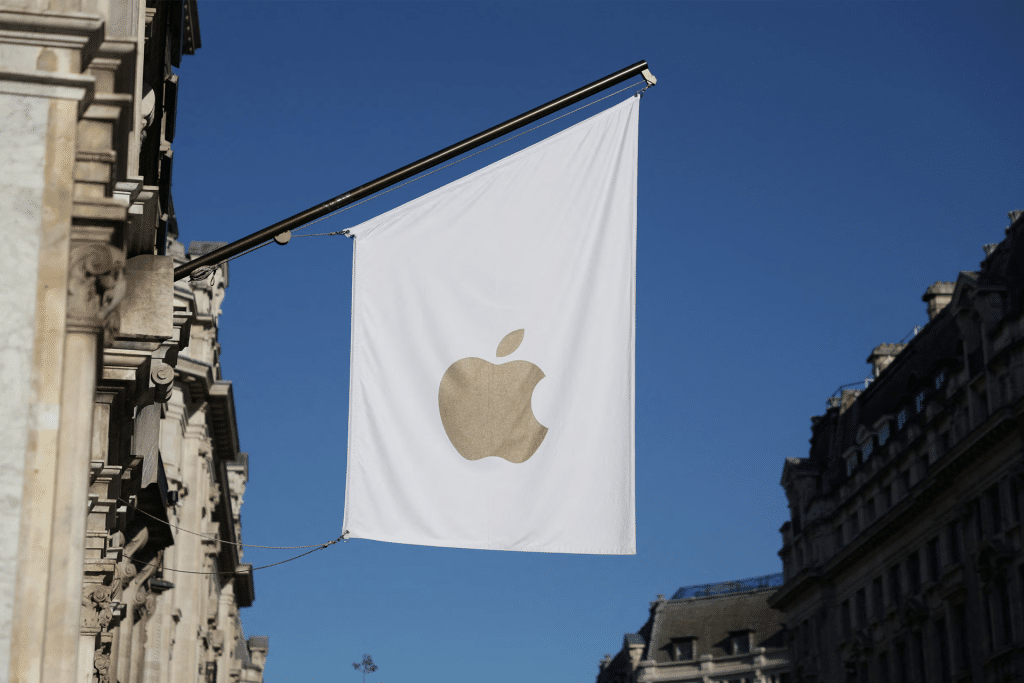The ongoing battle over encryption has resurfaced, as the UK government renews its demand for Apple to grant access to encrypted iPhones in criminal investigations. Officials argue that the inability to unlock devices is hampering law enforcement efforts, while Apple insists that weakening encryption would endanger the security and privacy of millions of users.
The new push comes under the framework of the UK’s Investigatory Powers Act, which allows the government to compel companies to assist in data access. While Apple has previously resisted similar calls, Britain’s renewed demands highlight the growing global divide between governments seeking surveillance powers and tech companies defending end-to-end encryption.
A Clash Between Privacy and Security
At the heart of the debate is whether Apple should create a mechanism for law enforcement to bypass encryption on devices. UK officials say encrypted iPhones increasingly contain critical evidence in cases ranging from organized crime to terrorism. They argue that without access, justice is being obstructed.
Apple counters that any deliberate weakening of encryption — whether through backdoors or special access tools — would not only apply to legitimate law enforcement requests but also risk exploitation by hackers and hostile states. The company’s public stance has remained consistent: strong encryption is essential for protecting users’ financial, personal, and health data.
A Global Debate With Local Pressure
The UK is not alone in its position. Governments in the U.S., Australia, and India have also pressed Apple and other tech firms to provide access to encrypted devices. However, Apple has so far resisted, pointing to the dangers of creating systemic vulnerabilities.
The renewed British push may also be influenced by broader political concerns, with ministers seeking to project a tough stance on crime and national security. Critics warn that such measures risk undermining the very protections that safeguard citizens’ digital lives.
Apple’s History of Resistance
Apple has faced this pressure before. In the U.S., the company famously refused FBI requests to unlock the iPhone of a suspect in the 2015 San Bernardino case, arguing that compliance would set a dangerous precedent. That standoff ended without Apple’s help, as investigators eventually accessed the device through third-party means.
In the UK, Apple has voiced opposition to provisions of the Investigatory Powers Act since its passage, warning that the law could force companies to compromise security in ways that ultimately harm users worldwide.
What Comes Next
The standoff is unlikely to be resolved quickly. Apple remains steadfast in its defense of end-to-end encryption, while the UK government appears equally determined to assert law enforcement access rights. The outcome could set an influential precedent for other countries grappling with the same issue.
